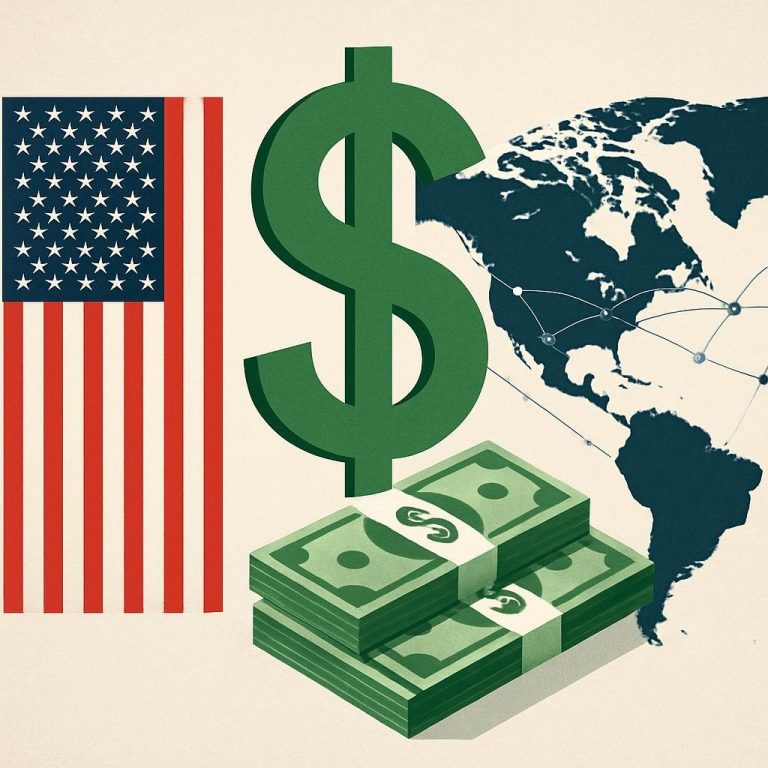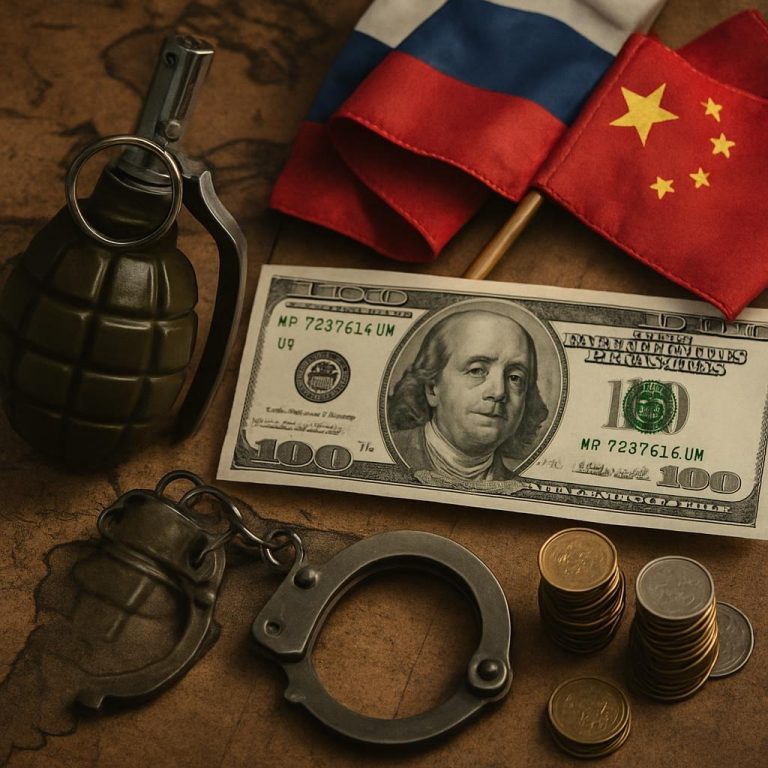
Germany’s automotive giants face a triple threat: Chinese innovation and pricing, EU climate and digital laws, and U.S. protectionism. These forces are reshaping global competition, eroding Germany’s export dominance, and triggering strategic recalibrations across the industry.
🇨🇳 Chinese Competition
- Disruption by BYD and NIO: Chinese EV makers like BYD and NIO have entered Europe with competitive pricing, advanced tech, and sleek designs. BYD’s Euro NCAP 5-star ratings and NIO’s battery-swapping tech challenge German incumbents on innovation and cost pava.eu.
- Subsidies and Innovation: China’s state-backed subsidies, tax exemptions, and vertical integration in battery tech allow EVs to be priced 20–30% lower than Western rivals. This undercuts German exports globally AInvest Global Fleet.
- Market Share Loss in China: German automakers have lost significant ground—Volkswagen’s China sales dropped by 25% since 2018. BMW and Mercedes also saw sharp declines, impacting global revenue and prompting risky reinvestments Mercator Institute for China Studies (MERICS) thefinancialanalyst.net.
- Battery Tech Comparison: Chinese firms like CATL and BYD lead in lithium iron phosphate (LFP) and sodium-ion batteries, offering faster charging and lower costs. German alternatives lag in scalability and cost-efficiency IDTechEx Research in Germany.
- Traction in Europe: Chinese EVs are gaining market share in countries like Norway due to affordability, tech features, and tariff-free access. MG, owned by SAIC, surpassed Tesla in European exports in 2023 CNBC spglobal.com.
- Strategic Mistakes: German carmakers underestimated China’s tech leap, delayed EV transitions, and doubled down on ICE investments. Their slow software adoption and fragmented EV strategies left them vulnerable Mercator Institute for China Studies (MERICS) DW | MSN.
🇪🇺 European Union Laws
- Impact of Emissions Regulations: EU CO₂ targets and the 2035 ICE phaseout have made German ICE vehicles less competitive. Compliance costs and penalties are rising Noerr DW.
- Climate Targets and Decline: The EU’s climate agenda is accelerating the decline of traditional manufacturing. Germany’s auto sector faces job losses and reduced investor confidence Transport & Environment CEPR.
- 2035 Ban Implications: German automakers fear the ICE ban will erode their engineering edge. Lobby groups like VDA are pushing for hybrid exemptions and low-carbon fuel credits POLITICO German Institute of Development and Sustainability (IDOS).
- Digital/Data Laws: The EU Data Act mandates vehicle data sharing, which German OEMs say threatens trade secrets and weakens their position against Chinese tech-integrated vehicles eversheds-sutherland.com Hogan Lovells.
- Safety/Recycling Costs: EU circular economy rules increase production costs through stricter recycling, repairability, and end-of-life mandates. German manufacturers face higher compliance burdens europarl.europa.eu bundesumweltministerium.de.
- Lobbying Against EU Laws: German automakers are lobbying to delay or dilute EU climate and digital laws, arguing they favor Chinese EVs and threaten Europe’s industrial base POLITICO Forbes.
🇺🇸 U.S. Tariffs and Trade Policy
- Tariff Impact: U.S. tariffs of up to 25% on European cars have disrupted German exports, risking billions in revenue and thousands of jobs DW Tset.
- Production Relocation: Audi, BMW, and Mercedes are expanding U.S. production to bypass tariffs. Alabama and Mexico are key relocation hubs AInvest AutoGuide.com.
- EV Subsidy Effects: U.S. subsidies under the Inflation Reduction Act (IRA) favor domestic EVs, squeezing German sales and prompting calls for reciprocity spglobal.com Stanford Institute for Economic Policy Research (SIEPR).
- IRA Reshaping Competition: The IRA’s sourcing rules and local content requirements have forced German automakers to rethink supply chains and partnerships ERA Environmental Management Solutions Institut der deutschen Wirtschaft (IW).
- Risk of Exclusion: German EVs risk exclusion from U.S. tax credits due to non-compliance with sourcing rules. This could further erode competitiveness Atlas Public Policy.
- Diplomatic Tensions: Germany has urged the U.S. to ease tariffs and negotiate duty-free deals. Trade tensions are escalating amid fears of a transatlantic auto war ypredict.ai Devdiscourse.
🎥 Documentary Watchlist
Here’s a curated list of documentaries that explore these themes:
| Title | Focus | Platform |
|---|---|---|
| The China Hustle | Chinese market strategies and global impact | Prime Video |
| Autonomy | Future of mobility and car industry disruption | Hulu |
| American Factory | U.S.–China industrial tensions | Netflix |
| Dirty Money (Volkswagen episode) | German auto scandals and regulatory pressure | Netflix |
| The Race to Electrify | EV competition and global battery tech | YouTube |
| Planet of the Humans | Critique of green tech and EV economics | Documentary film |
| Inside the EU | European regulatory politics and industry lobbying | Arte |
| Death by Design | Tech supply chains and environmental costs | Amazon Prime |
🔍 Keywords
Chinese EVs, BYD, NIO, German auto industry, EU emissions laws, ICE ban, Inflation Reduction Act, EV subsidies, battery technology, automotive trade, tariffs, VDA lobbying, data sharing, circular economy, transatlantic tensions, global car market, electric vehicles, automotive disruption, Germany-China-U.S. relations




